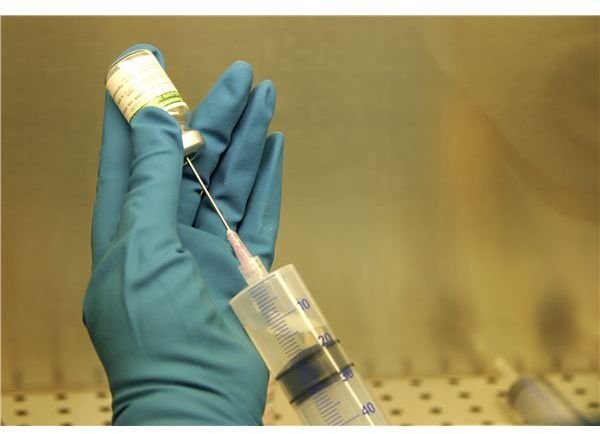Role of Viruses on Genetic Mutations
Overview
Viruses are considered as one of the smallest and most lethal microorganisms that exist in our world, but before we can truly derive to the conclusion that viruses can cause genetic mutations, we must first examine the specific characteristics of these microorganisms. These viruses do not metabolize by themselves and so alters the host cell’s genetic code to enable to reproduce.
Such examples of these are the SV40 virus (Simian vacuolating virus 40**)** and the HPV (Human Papilloma Virus), where they inject their RNA or DNA, depending on the type of virus, and mutate the host cell’s genetic code to function and substitute for their metabolic deficiencies.
The HPV (Human Papilloma Virus)
The HPV (Human Papilloma Virus), especially the E6 and E7 types, are oncogenes that suppress or inhibit the tumor suppression functions of the p53 gene.This gene is part of a regulatory pathway that causes damaged cells to die when they cannot be repaired. The E6 and E7 proteins inhibits these functions, and allows damaged cells to grow uncontrolled instead of dying off.
This can eventually lead to the development of cervical cancer , answering the question, “Can viruses cause gene mutation?”
The SV40 virus (Simian vacuolating 40 virus)
The SV40 virus (Simian vacuolating 40 virus) on the other hand uses the method of caveolin vesicle - via endocytosis, to penetrate the membrane of the host cell and alter the DNA and RNA components resulting in a cell death and an offspring of new SV40 viruses. These types of virus also have a property that suppresses the suppression functions of the p53 gene thus resulting again in an uncontrolled cell growth leading to malignant mesothelioma. This again supports the answer to the question of, “Can viruses cause gene mutation?”
The Types of Mutations
The types of mutations or alterations of the DNA or RNA that these viruses incur on the host cells include the processes of substitution, insertion, deletion, and frameshift. Substitution occurs when one or more type amino acid is replaced by another. The result can either be a change of protein product, or silent mutation (no change in protein product), or an incomplete and nonfunctional protein. Deletion mutation occurs when a portion of the DNA is taken away, or deleted. Insertion mutation happens when an extra pairs of amino acids are inserted in the sequence. When insertion and deletion mutation occurs, it also causes a frameshift mutation where a gene can no longer be correctly transcribed.
Conclusion
With the evidence that the SV40 virus (Simian vacuolating virus 40**)** and the HPV (Human Papilloma Virus) truly affect the host cell’s DNA or RNA thru various types of mutations, it is clear that the question of, “Can a virus gene mutation?” have been answered by a resounding yes.
References
https://medicineworld.org/cancer/page14.html
https://evolution.berkeley.edu/evolibrary/article/0_0_0/mutations_03
